PhD beyond Academia
/“Knowing is not enough; we must apply. Willing is not enough; we must do.”
Driven by the shortage of positions in academia, the purpose of the university is changing, and only a few programs are reacting. PhDs, the highest academic degree, were traditionally for people aspiring to be professors in much the same way as medicine and law degrees are for doctors and lawyers. However, due to an over abundance of new PhDs, programs need to adapt.
Oxford lists the purpose of a PhD as, "It is no longer just about producing an original piece of excellent research; producing a trained researcher is an equally important output. (Mary Ritter, Pro-Rector for Postgraduate Affairs at Imperial College, London and Chair of the UK GRAD Steering Group, Research Councils UK)." In some cases this is taken further to training someone suited for business, political science, or industry.
There is a crisis in academia. As Jake Beal tweeted, only 8% of current PhD students will every land a tenure-track faculty position. Furthermore, those 8% are likely to only come from the top schools. PhDs are instead turning to entrepreneurship, data science, and policy. So, how should PhD students use their degree, and how should they position themselves to succeed post graduation?
Programs like the Bredesen Center are adapting PhDs for entrepreneurship & policy, prior to graduation. The Bredesen Center is a PhD program that exists outside traditional disciplines. Each student studies an aspect of energy. I study what conditions affect noise in genetic circuits, but other students study everything from hydropower to plasma physics. As part of the program we are required to take a few courses in either entrepreneurship or policy, and we are encouraged to go beyond the classroom. This model is important for modern PhD students; learning skills outside science is important to prepare scientists for jobs outside academia. Other programs offer post-doc short courses for turning PhDs into data scientists.
In the spirit of the meritocratic hacker ethic, real, concrete projects are superseding credentials. A PhD and entrepreneurship are examples of such projects. Alex Shye discusses a few similarities between the two including experimentation, moving fast, understanding the current field of work, and unstructured work that permeates your life. Even companies are no longer as concerned that candidates have checked all the boxes (e.g. which degrees, from where, working for whom). They now want to see portfolios of projects candidates have completed; work can be shared directly with the world (the purpose of this website). Professor Christine Ortiz, the dean of graduate education at MIT recently stepped down from her position to found a new type of university focused on projects, not lectures, majors, or exams. The Thiel Fellowship goes a step further and offers driven teenagers the stability and opportunity to build their own venture (startup, non-profit) instead of attending college. One of the driving ideas is that experience completing projects is more valuable than sitting through dictation in a classroom.
The Bredesen Center model is working. Justin Knowles and other students have received national recognition for their work on clean energy policy. Tony Bova is replacing oil-based plastics with bioplastics. Beth Papanek and I are creating a low-cost biological source of nanoparticles. Three teams of students, including Adeola Adediran, Christine Ajinjeru, Akinola Oyedele, and Eva Mutunga, have won the local pitch competition Vol-Court.
The future is bright. Forget knowing and willing. Apply and do. Make.

































